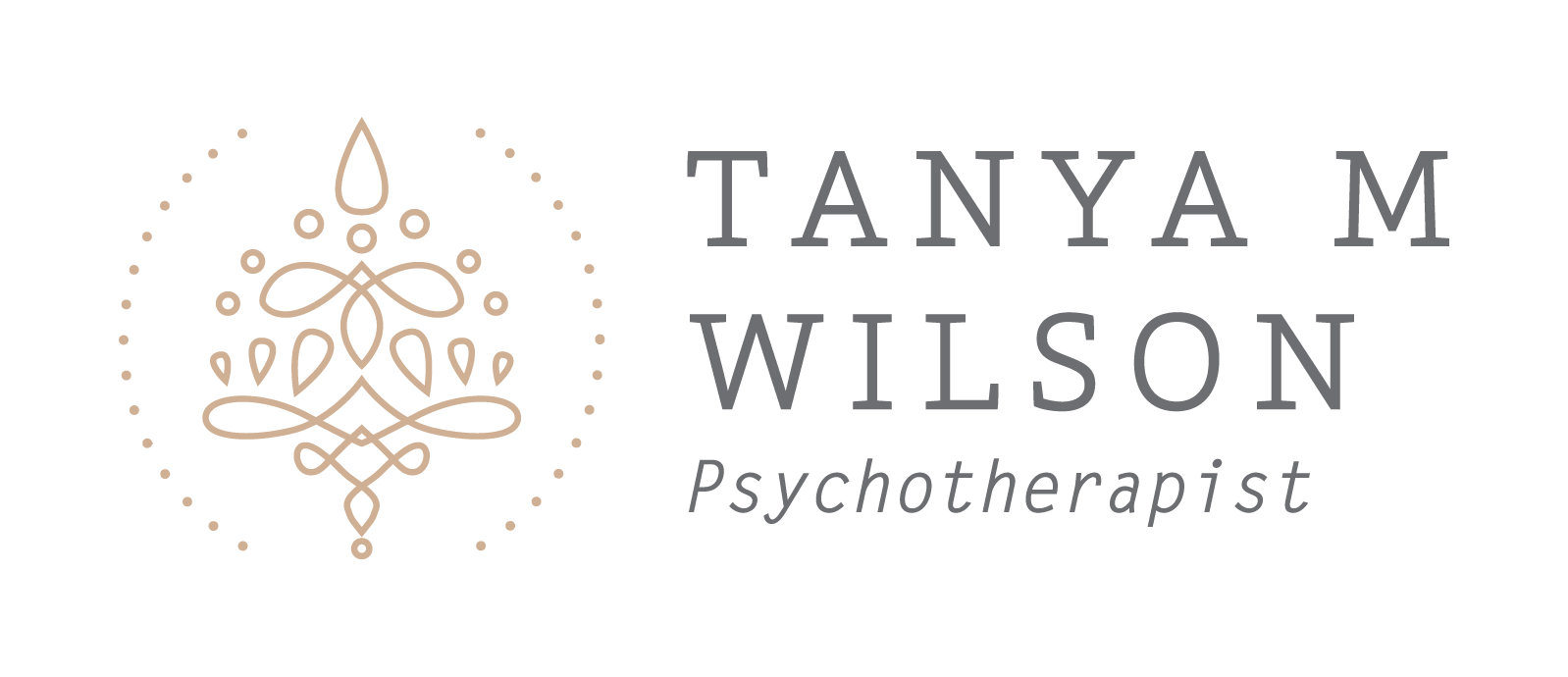As a counsellor, I specialise in helping my clients deal with narcissistic abuse— whether they are still in the relationship or have formally dissolved the relationship. It’s important to remember that you do not have to learn how to overcome narcissistic abuse all by yourself. An experienced professional can work wonders with your self esteem, perspective and healing journey.
Below, are my suggestions that will set you on the right pathway to overcoming narcissistic abuse.
If you are still with the narcissist
1 Support
Gather as much support from people that truly understand your situation. A lot of narcissists are charming and that makes it easy for friends and family to side with them. So, creating and seeking your own support team is the first step.
2 Self interest
Take a leaf out of their book. Become VERY interested in yourself. In order to protect yourself, you may not want to have your new self interest obvious. But in the privacy of your own time and space. Start being self interested, learn what you like and build your strength by getting to know yourself well. Some of these activities and ways of directing focus back to yourself could look like:
- journalling
- exercise
- dance
- yoga
- breathwork
- bushwalking
- meditating
- spiritual connection
- skincare
- body care
- nutrition.
Try one (or all) of these things with the intent of JUST doing it for you and to be interested in yourself.
3 Dependency recovery
Most people that are with narcissists are codependents. Recovery from codependency is something that can be done in the face of a narcissist. This process is basically learning how to identify your needs and then learning how to take care of them. Facing Codependence and Breaking Free its companion workbook, are a great starting point.
4 Record

Keep (safely) a journal and a record of arguments and conversations so you know what is real and are able to reflect back accordingly. There are times when a narcissist will gaslight you and this can make you feel like you’re losing your mind.
5 Meditation
Meditate daily so you give your body and mind a chance to switch off stress receptors and access the relaxation response. Time and time again, meditation has been shown to provide many benefits and it’s important that your mind and body gets the opportunity to relax and reset instead of being in flight or fight mode constantly.
‘Some research suggests that meditation may physically change the brain and body and could potentially help to improve many health problems and promote healthy behaviors.’
If you have left the narcissist
1 Falling friends

After leaving a narcissist, a lot of people claim to then go through a process of other friends and family falling away from their life. Sometimes this can be due to the smear campaign that a narcissist implements after you have left.
Sometimes it can be that you have grown and changed and simply won’t tolerate (and can’t tolerate) anyone that uses or abuses anymore. So, if this has happened to you the first step is to know that other friendships and family falling apart is not a bad thing but rather a great sign that you are no longer a victim, doormat or a helping addict.
2 Understanding trauma
Understanding your trauma is a huge, vital step. Living— or being in a relationship— with a narc will often leave the affected partner with some degree of post traumatic stress. Relationship trauma is just as valid as any other trauma. Don’t let friends or family saying ‘it will be ok’ or ‘you will get over it’ minimise your experience. The trauma and post traumatic stress is real and there is genuine help for this. Seek counselling for PTSD to help.
3 Unhook
Dealing with PTSD can be done in a number of ways but you will need to retrain your brain to unhook from the experience at some point. And for it to get to a place of no emotional charge to start the healing process.
Sometimes, this trauma can be dealt with via a spiritual or religious experience or some people can naturally work through it themselves. However, most people will require some sort of external support and assistance to recover from the trauma such as therapy or EMDR. My cord cutting process is also a great resource to help this process of neutralising.
4 Growth

You can absolutely learn how to move from post traumatic stress into post traumatic growth. Post traumatic growth is a form of resilience and where people move from a place of just functioning to an experience of life that is meaningful, satisfied and fulfilling.
When you are moving towards post traumatic growth you will have a focus and positive change in the following areas:
- appreciation of life
- relationships with others
- new possibilities in life
- personal strength
- spiritual change.
Take a look at this video on post traumatic growth.
Transpersonal counselling can most certainly help with all of these aspects of healing from the trauma and overcoming narcissistic abuse. Please don’t hesitate to book a counselling appointment.


